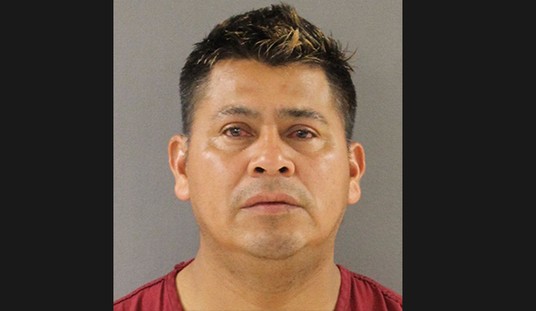Dr Martin Stephen, the High Master of St Paul’s described how it was not enough to sit back and let British National Health Service doctors cure him of a stroke after it turned him at 56, from a “healthy professional” into a “lump of flesh on a hospital trolley”. The key to recovery, he discovered, was acting quickly and not waiting for the doctors to help. Fortunately for Stephen the experience of his father in law had blazed the trail.
The first harsh realisation was that something very bad had happened. The second was that nobody in the hospital was going to tell me how to get better (the only advice I received comprised vague noises about the need for “rehabilitation” and “exercises”). The third realisation was a consequence of the first two: I had to get out of hospital and cure myself.
Bizarrely, I owe my recovery to my mother-in-law. Her husband had received almost no help when, in 2003, he had suffered a stroke in his seventies. So she had gone on the internet – as one does at 74 – and found that major strides had been made in America in treating stroke victims. Research there showed that damaged neural pathways could be re-routed, and that a diminished signal could be sent through the outer lining of an otherwise dead nerve. The key was speed. After three or four weeks, the brain seemed to start a permanent shut-down on these pathways.
Stephen had three weeks to save what was left of his life. What he did next will horrify every modern married man. He adopted a daily program contrived by his formidable mother-in-law. She ensured that he did the following:
1 Bounced a tennis ball 2,000 times against a wall (missed catches didn’t count)
2 Wrote out the alphabet, one line per letter, for two hours
3 Recited the poems of Andrew Marvell for two hours with a cork between his teeth
4 Marched up and down the stripes on the lawn for two hours, without touching where the stripes met
5 Played the F15 flight simulator game for two hours
Although every bit of this rigorous program helped, it was the video game that turned the tide. “The stupid game proved a turning point. Finally I had managed to achieve hand-to-eye co-ordination. … Sadly, not everyone has a mother-in-law like mine.” If there’s any moral to this story, it is that government can only help any individual part way. The rest is up to him. No one can ever do everything for you. Dr. Stephens wrote a book describing his experience in detail. It might be instructive to buy it if only to answer the question of where on earth a mother in law with that range of interests exists.
[youtube q0h_0LAZ22s]










Join the conversation as a VIP Member